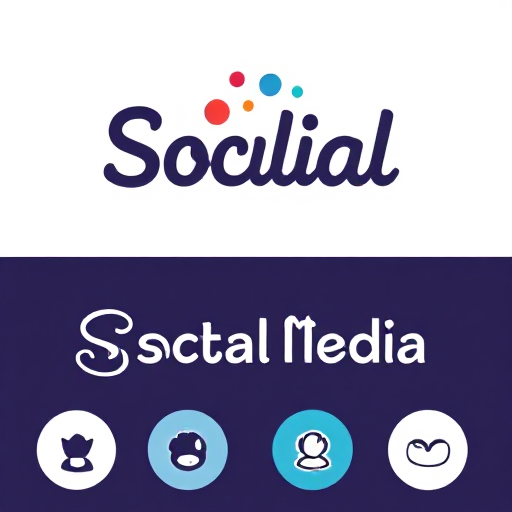Budget Content Marketing for Digital Businesses

Content marketing is an essential strategy for digital businesses looking to attract, engage, and retain customers. However, many startups and small businesses operate on tight budgets, making it challenging to implement large-scale content marketing campaigns. The good news is that budget constraints do not mean compromising on quality or effectiveness. With smart planning and resourceful execution, digital businesses can achieve significant growth without overspending.
Understanding Budget Content Marketing
Budget content marketing refers to the strategic creation and distribution of content with limited financial resources. It focuses on leveraging cost-effective tools, organic traffic, and user engagement to maximize reach and conversions.
Benefits of Budget Content Marketing
- Cost-Effectiveness: Unlike paid advertising, content marketing provides long-term value with minimal investment.
- Brand Authority: Well-crafted content establishes credibility and positions a business as an industry leader.
- SEO and Organic Growth: Quality content improves search engine rankings, leading to free, ongoing traffic.
- Customer Engagement: Engaging content fosters relationships and brand loyalty.
- Higher Conversion Rates: Informative content nurtures leads, guiding them through the sales funnel.
Strategies for Budget Content Marketing
1. Define Your Goals and Audience
Before creating content, clearly define your objectives (e.g., brand awareness, lead generation) and understand your target audience’s needs and preferences.
2. Leverage Free and Affordable Tools
Many free and low-cost tools can enhance content marketing efforts:
- Graphic Design: Canva, GIMP
- SEO Optimization: Ubersuggest, Google Keyword Planner
- Content Writing & Editing: Grammarly, Hemingway Editor
- Social Media Scheduling: Buffer, Hootsuite (free versions available)
- Email Marketing: Mailchimp (free plan available)
3. Utilize Owned and Earned Media
Instead of paying for ads, focus on:
- Owned Media: Your website, blog, social media pages
- Earned Media: Guest blogging, influencer collaborations, press coverage
4. Repurpose and Recycle Content
Maximize content efficiency by repurposing:
- Blog posts into infographics
- Webinars into YouTube videos
- Podcasts into blog summaries
- Social media posts into email newsletters
5. Leverage User-Generated Content
Encourage customers to share testimonials, reviews, and user-generated posts. This builds trust and expands your reach without additional cost.
6. Optimize for SEO
Basic SEO strategies enhance organic visibility:
- Use relevant keywords naturally
- Optimize meta descriptions and alt texts
- Create high-quality, valuable content
- Improve website loading speed
7. Leverage Social Media
Social media platforms provide free access to vast audiences. Focus on:
- Posting consistently
- Engaging with followers
- Using relevant hashtags
- Joining industry-related groups and discussions
8. Email Marketing and Newsletters
Email marketing is cost-effective and drives high ROI. Build an email list and send valuable content to nurture leads.
9. Collaborate with Industry Peers
Partner with complementary businesses, bloggers, and influencers for content co-creation and cross-promotion.
10. Measure and Adjust Strategies
Use analytics tools (Google Analytics, Facebook Insights) to track performance and optimize strategies for better results.
Budget content marketing is a practical approach for digital businesses to grow without overspending. By leveraging free tools, repurposing content, optimizing SEO, and engaging with audiences, businesses can achieve substantial results. Consistency, creativity, and strategic execution are key to a successful budget-friendly content marketing strategy.






